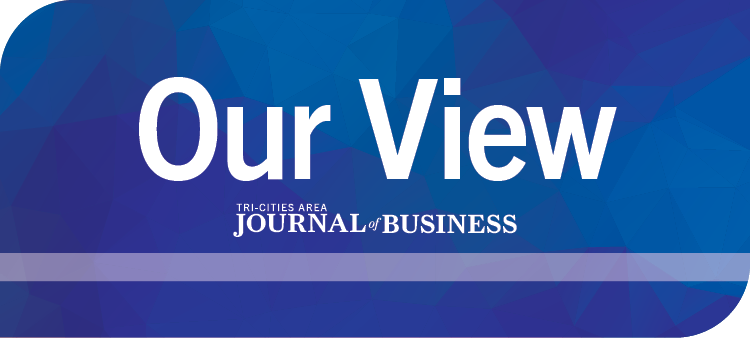
Home » Tri-Cities’ population continues upward trajectory
Tri-Cities’ population continues upward trajectory

July 13, 2023
We’ve all heard grumblings about delays from road construction projects and the dread of adding more traffic in areas where new construction is underway or planned.
But let’s pause to consider what this means for our economy.
The Tri-Cities grew at a faster rate than the state average in the past year, 1.5% compared to the state’s 1.1%. Benton and Franklin counties boasted a population of more than 316,000 people.
The region first hit the 300,000 mark about three years ago – and it continues to climb.
Our counties are among the fastest growing in the state. Franklin County’s population climbed above 100,000 for the first time this year, to 101,100.
Benton County added 3,200 more people in the past year, and Franklin County welcomed 1,350.
Combined, that’s more than the total of Benton City’s population of 3,810.
Over the past three years, we’ve grown 4.2%, adding nearly 13,000 people.
Our growing population continues to attract attention from companies wanting to set up shop here or to expand their current base of operations. This edition features a few of them.
This growth also continues to drive Tri-City residential, commercial and civic construction.
That’s a welcome sign when fears of a nationwide recession continue to loom.
Though no one has a crystal ball, everyone seems to have an opinion on whether this will happen and to what extent.
We already know the injection of federal dollars into our community provides a protective mantle, shielding us from some of the economic uncertainties that affect other places.
Take a look at this month’s column from D. Patrick Jones, executive director for Eastern Washington University’s Institute for Public Policy & Economic Analysis.
His analysis explores the federal footprint’s effect on our local economy. It’s no surprise it’s sizable.
A robust economy isn’t propped up on one component alone, but the area’s growth is a key factor.
The Tri-City region continues to grow and to attract new business and encourage existing ones to expand, ensuring a steady stream of opportunities for our residents. So when you’re delayed at a busy Tri-City intersection this summer, consider thinking bigger – what it means for the economy, instead of the inconvenience.
Opinion Our View
KEYWORDS june 2023





